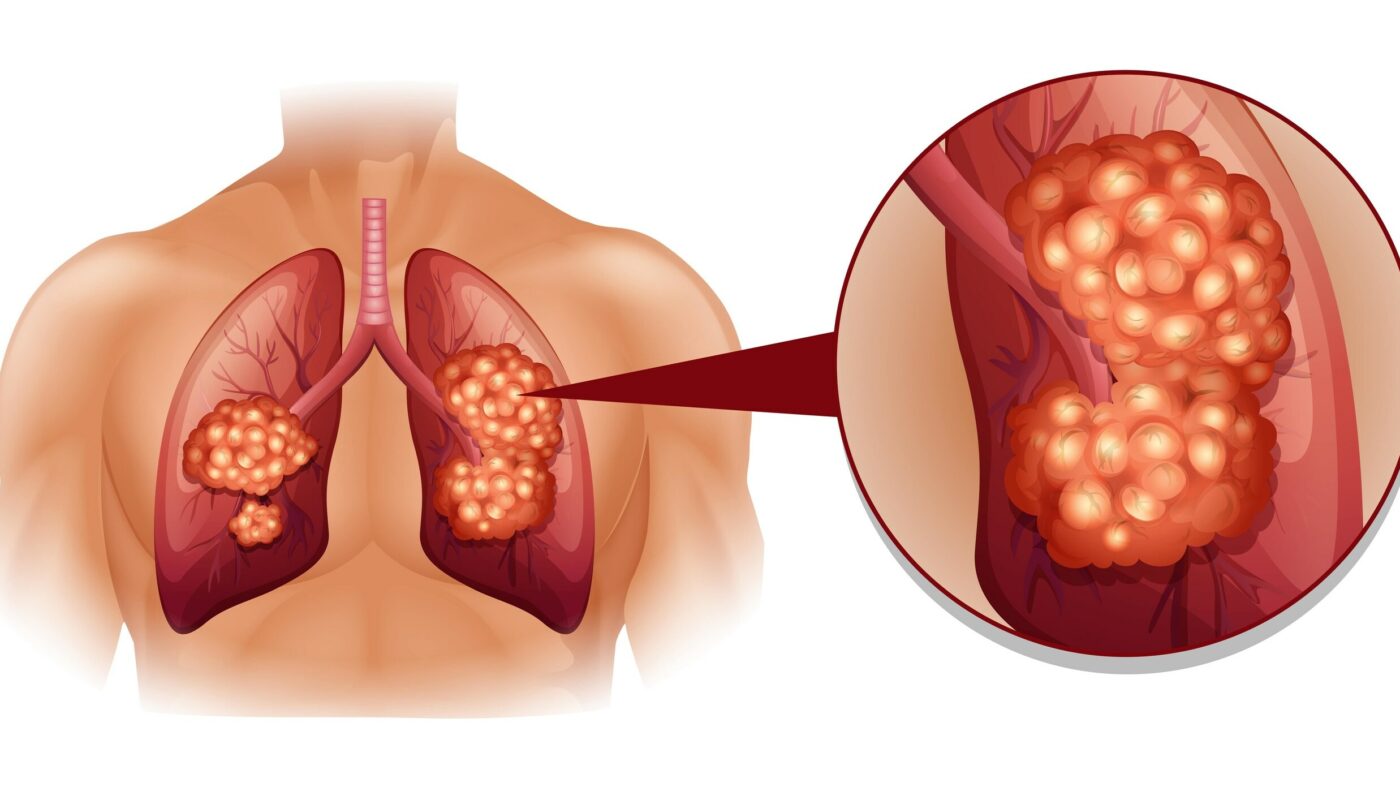A recent study conducted by the University of Michigan reveals that doctors can use a specially designed chip to monitor the progress of lung cancer treatment by analyzing cancer cells in a patient’s blood. The chip enables doctors to assess the effectiveness of a treatment by the fourth week, a significant improvement compared to the current wait period of weeks to months.
The ability to quickly determine the effectiveness of lung cancer treatment has the potential to significantly improve patient outcomes. With this chip, doctors can avoid unnecessarily prolonging ineffective therapies and pivot to more suitable treatment options, thereby saving patients from needless side effects.
The chip technology, known as the GO chip, was developed by a team of researchers at the University of Michigan. It works by trapping cancer cells on graphene oxide sheets using specialized antibodies. These antibodies recognize cancer-specific protein markers on the surfaces of cancer cells. By counting and analyzing these trapped cells, doctors can not only determine the effectiveness of the treatment but also gain insights into the biochemical characteristics of the cells at different treatment stages.
The current methods used to assess treatment effectiveness, such as CT scans and tumor biopsies, have limitations. CT scans can only detect significant changes in tumor size, while tumor biopsies cannot be done frequently enough to provide regular updates. Liquid biopsies, which involve testing for cancer-related biomarkers in blood samples, offer a more frequent monitoring option. However, currently available tools have proven ineffective in monitoring lung cancer treatments.
The GO chip overcomes this limitation by providing a more sensitive and specific method for detecting cancer cells in blood samples. It successfully captured cancer cells from the blood of 26 lung cancer patients undergoing chemotherapy and immunotherapy. The study showed that if the number of cancer cells in a patient’s blood did not decrease by at least 75% by the fourth week of treatment, the cancer was more likely to persist after treatment.
Furthermore, the study identified activated genes in the cancer cells of patients who did not respond to treatment. These genes could potentially serve as targets for future cancer therapies, offering new possibilities for personalized treatment.
The findings of this study mark a significant advancement in the field of cancer diagnostics and treatment monitoring. By providing a more continuous surveillance method, the GO chip has the potential to transform cancer diagnostics, leading to improved treatment outcomes and personalized care for lung cancer patients. Further research on the identified genes and their potential as therapeutic targets is needed to validate their effectiveness in future cancer treatments.
*Note:
1. Source: Coherent Market Insights, Public sources, Desk research
2. We have leveraged AI tools to mine information and compile it



